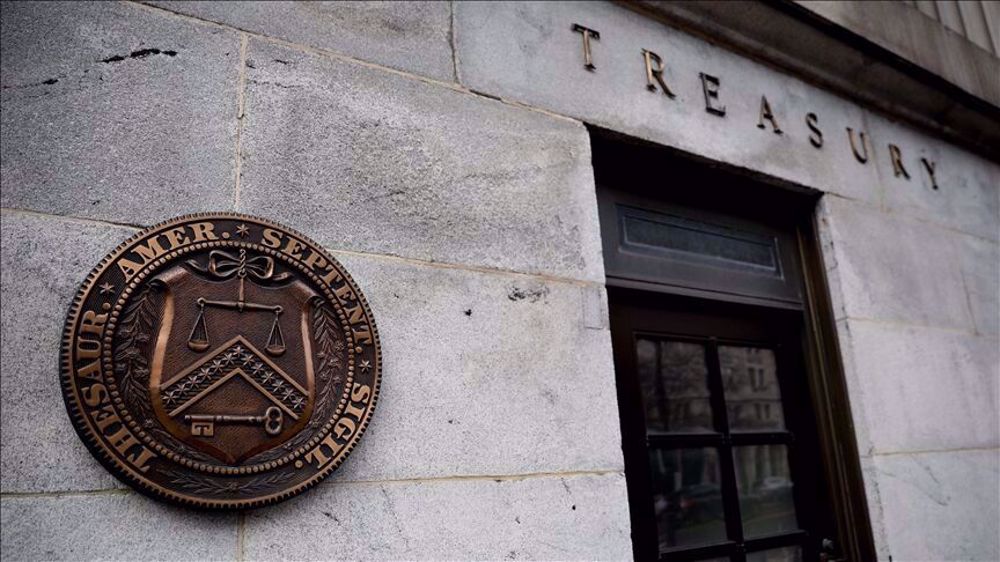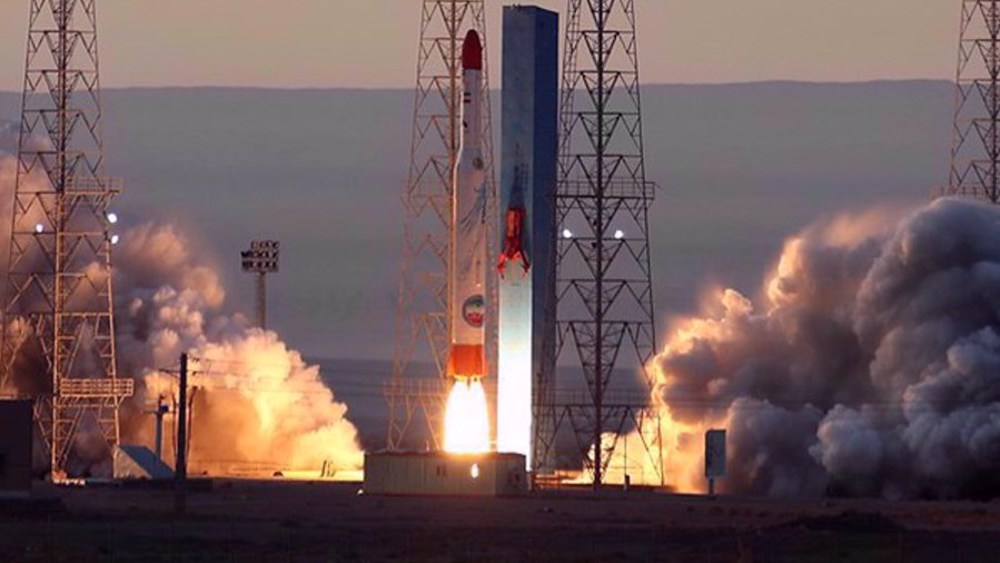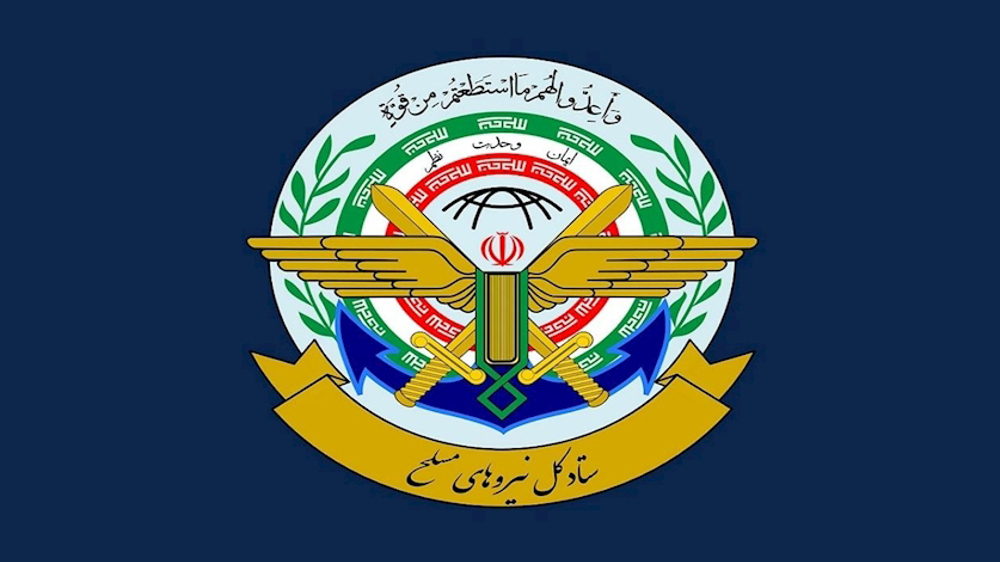Iran open to more military cooperation with Russia: Shamkhani
Iran's top security official says Russia's use of an Iranian airbase for refueling and rearming was a temporary agreement which the two countries may resume based on the situation in Syria.
Secretary of the Supreme National Security Council Ali Shamkahni said Russian sorties from the Nojeh airbase near the Iranian city of Hamadan was a limited operation which had ended.
“Fighting terrorism requires an exchange of capabilities in different fields. The recent operation was carried out in cooperation with Iran’s military advisors, Russian air support and an effective participation of the Syrian army on the ground," he said.
“This operation required that some of Iran’s capabilities are employed for a definite and limited period of time. The application of these capabilities was done at Hamadan airbase and concluded.
Shamkhani made the remarks in an interview with Russian broadcaster RT Arabic, formerly known as Rusiya Al-Yaum.
Strategic relations between Iran and Russia, he said, have not come to an end, adding more military cooperation of the kind “depends on developments on the ground in Syria.”
“The resumption of this type of cooperation in the future depends on the field developments in Syria; hence, it is possible to cooperate with Russia in this field again.”
Shamkhani hailed Moscow for following an independent political line, saying Iran's ties with Russia on a variety of issues are a "strategic relationship."
'Defeat awaits Saudis in Yemen'
Elsewhere in his remarks, the Iranian official slammed Saudi Arabia's military campaign in Yemen, which has so far left around 10,000 people dead since last March.
“The ongoing military operation against Yemenis will not result in anything but defeat,” said Shamkhani.
The campaign, he said, has so far proved “ineffective” as it has failed to scare the Yemeni people into submission.
The Saudi military has been pounding Yemen since March 2015 to restore power to former president Abd Rabbuh Mansur Hadi, a staunch ally of Riyadh.
Shamkhani said Tehran would support any government that could take shape based on the popular vote in Yemen.
Iran would provide assistance to such an administration so it could resolve the nation’s problems, communicate with regional countries, and become internationally recognized, he added.
Saudi Arabia's anti-Iran push
“Riyadh did whatever it could against Iran,” Shamkhani said. “This is while the Muslim world’s potentials should be focused on the main problems it is struggling with.”
Saudi Arabia cut diplomatic ties following attacks on vacant Saudi diplomatic premises in Iran amid angry protests against the execution of prominent Shia cleric Nimr al-Nimr.
Shamkhani said the Saudis had refused efforts by third parties to mediate a rapprochement but Iran was still open to a dialog.
“We do not close channels for dialog with any entity except the usurping regime of Israel,” he added.

US announces new sanctions targeting Iran’s drone program

Iran to inaugurate second phase of Chabahar spaceport

Iranian Armed Forces vow ‘harsh response’ to any threat, warmongering
VIDEO | Ansarullah leader warns nations against supporting US aggression on Yemen
VIDEO | Conflict with Turkey in Syria...and Israeli divisions
Iran president sacks deputy for taking holidays to Antarctica
VIDEO | What is Na'amod?
Ukraine 'multiplying' energy attacks in Russia despite 30-day moratorium: Moscow
VIDEO | Mostafa, an architect turned filmmaker
Hamas, Palestine Red Crescent urge independent probe into Israel’s killing of aid workers
Columbia University laid groundwork for my abduction: Detained student












 This makes it easy to access the Press TV website
This makes it easy to access the Press TV website